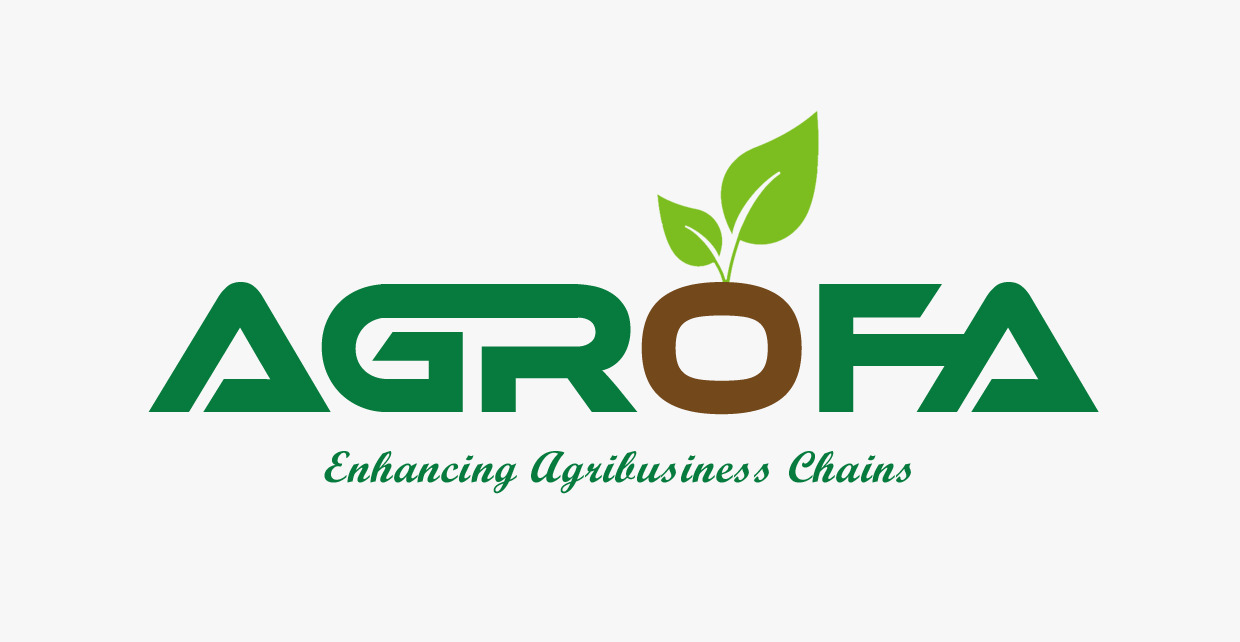Profile : MICHAEL CHEPKOR
CAMIC APICULTURE- The Home of Natural Sweetness is a newly registered company that is dealing with honey production. The company will set 100 Kenya Top Bar Hives (KTBH) in an acquired and secured 2-Acre piece of land in Sub-County, Baringo County. The security involves fencing the site using chain links and constructing a security office, with two security officers, who will be responsible for monitoring the beehives.
KTBH hives were chosen because of their innovative nature such that the honey is separated from the brood, which improves the quality of honey harvested. The Queen is also restrained from retaining the bees after harvesting. Each beehive is expected to produce between 18-20 Kgs of honey but after processing, between 8-9 Kg of honey is expected. Processing will be done using a honey extractor, then the honey is packed in 250, 500, and 1000 grams packs before they are distributed to the different markets. The prices are Kenya Shillings 200, 400 and 800 respectively.
A Kg of processed honey will be sold at Kenya Shillings 800. This, therefore, estimates Ksh. 6,400 per hive per harvest. The harvesting is expected to be done twice annually, meaning Ksh. 12,800 will be produced per hive. For 100 hives, Ksh. 1,280,000 is expected. The wax will be sold to different established markets though as a business we intend to grow and produce other products from the wax, like candles in the third year of operation as the business grows.
Marketing of the products will be done at specified product shops at specified market stations as well as online marketing like whats app, Twitter, and Facebook. The business intends to create its website for easy access to its products, location, and business contacts. There will be three main shops in the country that are involved in selling the products and aiding in deliveries of orders.
In terms of community improvement, the business will be buying locally produced honey, helping in market provision for their products. The community will be empowered with modern bee-keeping technologies, like the use of KTBH over the traditional log hives currently in use in the area and improved honey harvesting technology. It will also help in educating them on honey production as a business and a source of livelihood, hence helping in reducing cattle rustling witnessed in the area as pastoralism is their main economic activity. Honey production is environmentally friendly and efficient in terms of time, space and resources.
The offering of education on honey production to institutions, groups, and individuals interested in Honey production will be available as well as help in the dissemination of the economic importance of honey production. It will improve the adoption of honey production as a source of livelihood, increase the bee population as they are the key driving force in our agricultural sector, and explore our potential in honey production as a country.
Arid and Semi-Arid areas have a great potential in quality honey production, making a good number of African Countries great opportunity areas for honey production.
Over 50 youths are expected to be employed as the business grows into its full operation.
Founder: MICHAEL KIPSISIN CHEPKOR
Location: Kenya
Sector: Agriculture
Stage: Start Up Stage
Website: http://smehub.africa




